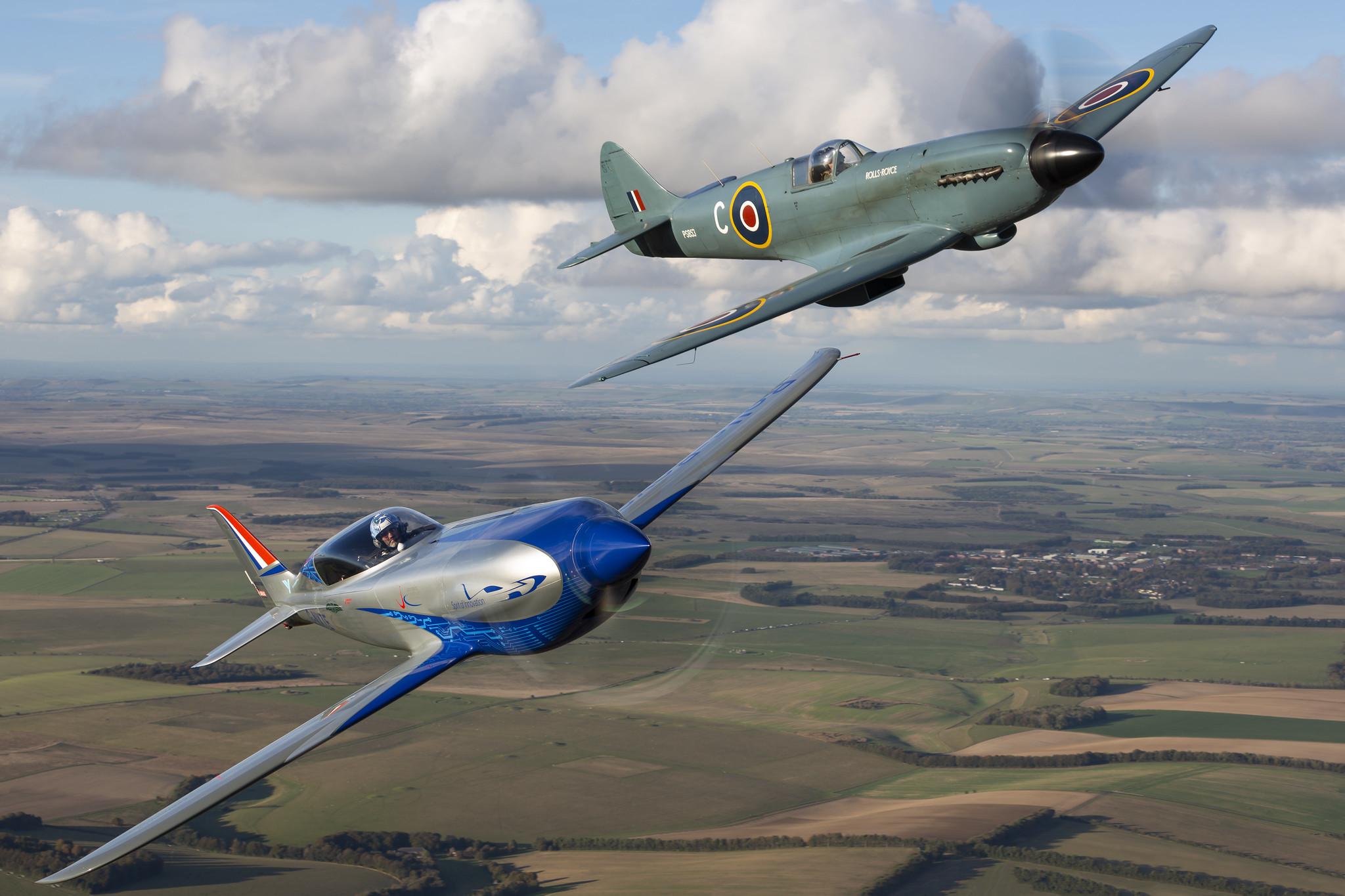
Credit: Rolls-Royce
LONDON–Rolls-Royce’s £6 million ($8.17 million) Spirit of Innovation electric aircraft has secured the world electric aircraft speed record following verification by the Fédération Aéronautique Internationale (FAI). The highly modified Nemesis NXT racing aircraft, also known as Accel, recorded a...
Subscription Required
This content requires a subscription to one of the Aviation Week Intelligence Network (AWIN) bundles.
Schedule a demo today to find out how you can access this content and similar content related to your area of the global aviation industry.
Already an AWIN subscriber? Login
Did you know? Aviation Week has won top honors multiple times in the Jesse H. Neal National Business Journalism Awards, the business-to-business media equivalent of the Pulitzer Prizes.





